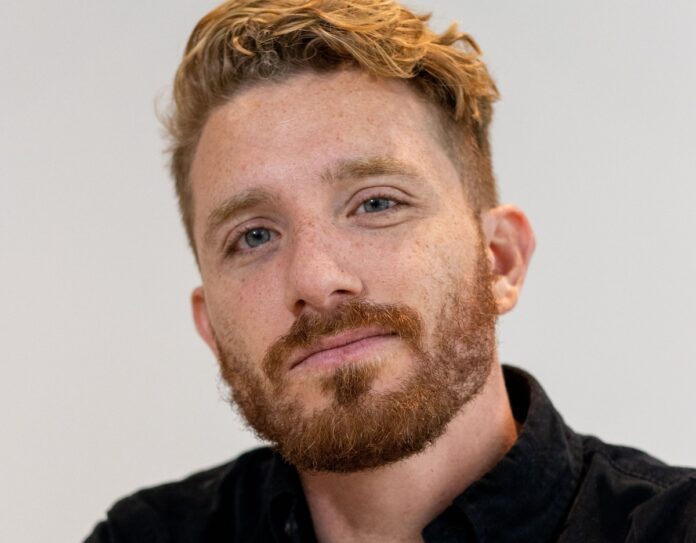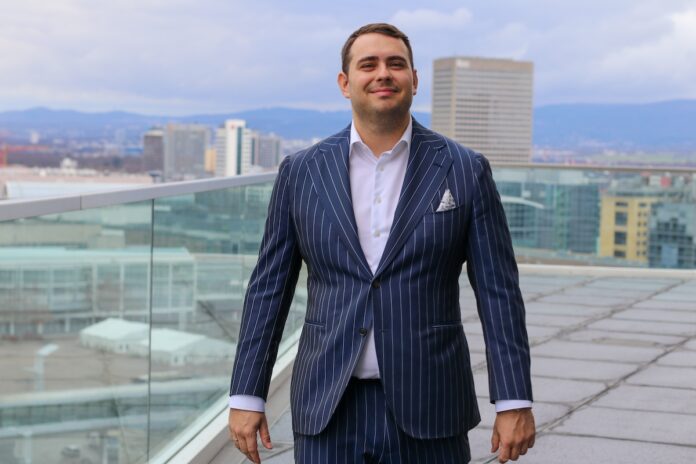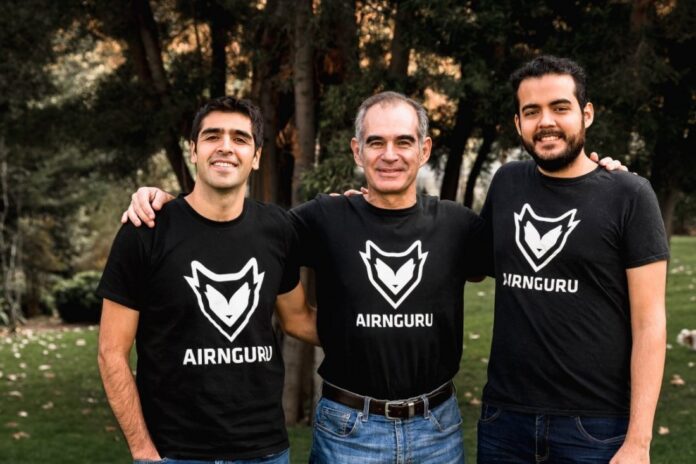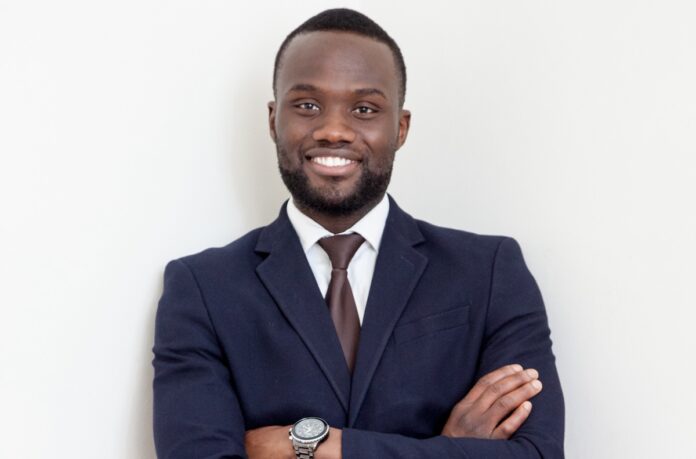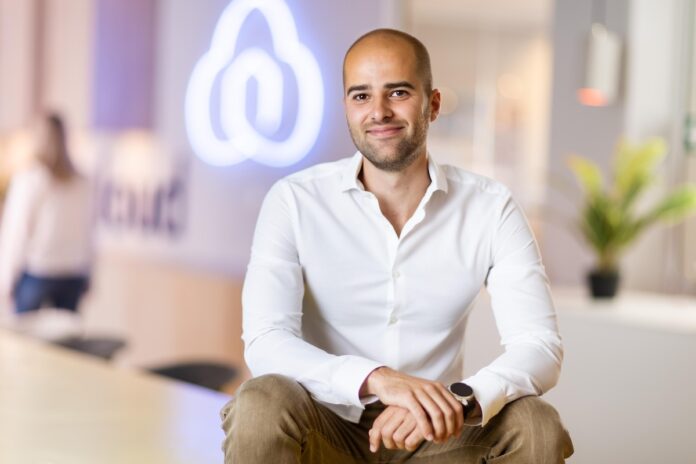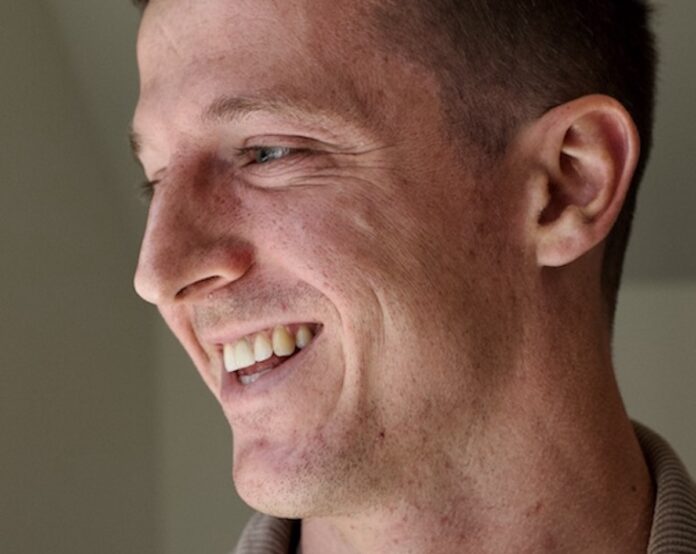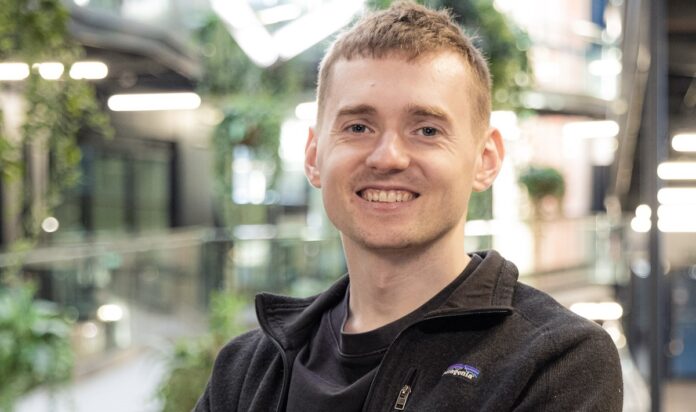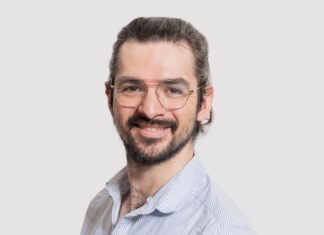PRLab is redefining public relations for the tech industry by crafting dynamic, tailored strategies that elevate client visibility and establish thought leadership.
Could you please tell us about yourself and introduce your startup, PRLab, to our audience?
I’m Matías Rodesvich, CEO and founder of PRLab. I started PRLab back in 2018 because I believed the B2B PR world was outdated, especially when it came to tech companies. At PRLab, we don’t just follow the news; we make the news. We understand that in the tech industry, breakthroughs don’t happen every day. That’s why our approach doesn’t hinge solely on news that’s already out there – we create our own spotlight through relentless brand awareness, content creation, and leading the conversation through thought leadership tactics.
We’ve spent the last six years challenging traditional PR norms. We’ve proudly guided over 100 clients to make their mark globally. At PRLab, we believe that we’re not just a service provider; we consider ourselves a part of your team. We’re here to ensure that the impacts of our PR efforts are felt across all levels of your business, adjusting our strategies dynamically to meet our clients’ evolving needs. So, as we continue to reimagine the future of B2B PR, we’re here to build not just visibility but to also position our clients as experts in their field.
What inspired the concept of PRLab?
When I was working in PR for some big tech names, I noticed this gap between the fast-paced, dynamic nature of the tech industry and what traditional PR was offering. It felt like PR just couldn’t keep pace with the tech sector’s rapid evolution. That’s when I grew eager to start something that’s designed for this dynamic environment. PRLab was born from the idea to bridge that gap with a PR strategy that’s as agile and tailored as the tech industry demands. At PRLab, we’re all about flexibility, adapting on the go to meet our clients’ needs, and always aiming for clear, measurable goals. We don’t just want to keep up; we want to lead the way in tech PR.
What motivated you to launch PRLab?
The main reason I wanted to start PRLab was to disrupt an industry that I thought was outdated. We’re always on the pulse, scouting out the latest trends and turning them into compelling stories. Our proactive stance means we craft narratives enriched with real-time insights, setting our clients up as the go-to experts in their fields. To both capture the attention of the media and maintain it on our clients, it all comes down to thought leadership combined with strategic brand awareness. That’s the heart of what we do at PRLab—creating impact where it really counts.
Could you share the core vision and mission of PRLab?
Our mission is clear: we aim to redefine PR as a vital driver of sustainable business growth. This is why we work closely with our clients, integrating our efforts with their marketing and sales strategies to achieve set KPIs. We’re all about personalization here. Instead of using a one-size-fits-all approach, we tailor our PR efforts to fit each client’s specific needs. Our goal? It’s not just about getting coverage; it’s about making a real impact on growth. We dig deep to understand how our PR strategies drive results. By customizing our approach to hit measurable goals, we drive growth and reshape the role of PR in the modern tech landscape.
Who do you consider the primary audience for your services?
As a tech-focused PR agency, our client portfolio spans multiple industries, including HRTech, MedTech, CleanTech, or HighTech. However, while we’re all about tech, we’re not one-size-fits-all agency. Whether our clients are startups, growing companies, or corporations, we make sure our strategies fit their unique stages of growth.
What sets PRLab apart from other companies in the same field?
We like to view ourselves as integral team members, going beyond the role of traditional press agents. It’s this agility, customization, and forward-thinking mindset that truly sets PRLab apart.
This goes hand in hand with our outcome-driven approach. As a team, we are proactive in not only setting goals but continually monitoring and evaluating the set KPIs, such as media coverage, engagement metrics, and website traffic. This approach allows us to understand the effectiveness of our strategies in real-time and adapt our decisions based on data-driven results.
Can you talk about the initial challenges and difficulties you faced while starting up?
As PRLab is a bootstrap company, we started with our own capital and no external investors. This meant that the growth relied only on the revenue we generated. While this approach ensured financial discipline and a strong focus on profitability, it also meant that we couldn’t grow as rapidly as companies backed by investors.
Then, I started PRLab when I was 25 and this came with its own hurdles. I had to navigate the business world while combating ageism and establishing credibility in the industry. Being a non-native of the Netherlands added another layer of complexity, requiring me to familiarize myself with local legal regulations and business practices. Launching a business is tough on its own, but doing it in a foreign country makes it even trickier.
Could you describe a typical day at work for you?
My workday is very dynamic. However, it has changed a lot from the early days of PRLab. Back then, I was juggling everything from PR to sales, finance, and HR. But as the company grew, my role shifted more towards leading and managing.
Now, I’ve got more of a bird’s-eye view, keeping an eye on all parts of the business, from sales to operations. I make key decisions that shape the direction of our work and ensure we’re meeting our objectives. This perspective allows me to rise above day-to-day operations and see the bigger picture, guiding PR Lab’s long-term strategic vision.
Where do you envision PRLab and yourself in the next five years?
In the next five years, we aim to have fully independent teams operating internationally, providing our results-driven PR services to a wider range of tech companies.
Our growth strategy revolves around our current team. We truly believe in their potential and are dedicated to helping them grow professionally. As we expand, we want to grow alongside the amazing people we already have, sharpening their skills and knowledge to meet the evolving needs of our clients
Thank you Matías Rodesvich for the Interview
Statements of the author and the interviewee do not necessarily represent the editors and the publisher opinion again.


